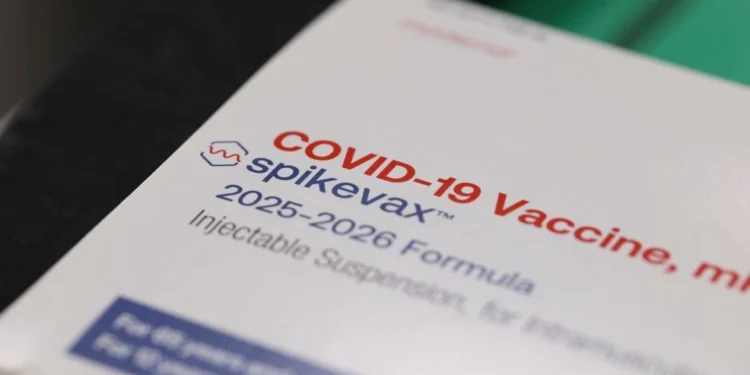Washington state will collaborate with California and Oregon to develop independent vaccine and immunisation guidelines through the newly formed West Coast Health Alliance, responding to changes in federal health agency leadership and policies.
The tri-state partnership aims to provide science-based public health recommendations, particularly regarding COVID-19, as state officials express concerns about federal agencies’ shifting approaches under the current administration. Dennis Worsham, Washington’s new health secretary, said the alliance will ensure that science drives public health policy to prevent disease spread and avoidable deaths.
“It’s been concerning to watch what’s been happening over a period of time under the federal administration around the CDC, and starting to remove data and some of the science-based process that we have relied on for so many years,” Worsham said.
The alliance formation follows the three states’ June condemnation of Robert F. Kennedy Jr.’s removal of 17 members from the CDC’s Advisory Committee on Immunization Practices. This federal restructuring has prompted state officials to seek alternative sources for evidence-based health guidance.
Healthcare workers in Washington express mixed reactions to the development. Justin Gill, president of the Washington State Nurses Association, views the alliance as beneficial for maintaining scientific standards but notes it could increase workload pressures on nursing staff.
“It was something that should remind all of us that nurses, physicians, healthcare providers are the ones that will have to deal with the consequences of bad decisions that are made at the top,” Gill said.
The alliance plans to review guidance from national medical organisations including the American Academy of Pediatrics and the American Academy of Obstetricians and Gynecologists, alongside recommendations from other West Coast health agencies. This approach aims to maintain access to evidence-based recommendations despite federal policy changes.
Gill described the partnership as beneficial for both patients and providers seeking healthcare guidance that remains “not biased, not political, and is focused on evidence.” However, he acknowledged the unusual nature of states feeling compelled to develop independent health guidance systems.
“I do wish we had more trust in our federal agencies, you know, from recommendations that should be depoliticised, but I’m hopeful this alliance can put patients first and the science before anything else,” Gill added.
The timing of the alliance coincides with recent federal limitations on COVID-19 vaccine availability for many Americans. Worsham said it remains too early to provide specific guidance on current COVID-19 vaccines and their availability in Washington, though he indicated more information could be released shortly.
Beyond COVID-19 policy, Worsham noted that other CDC guidance, including childhood vaccination recommendations, remains unchanged for now. This suggests the alliance will initially focus on areas where federal guidance has been modified or removed rather than attempting to replace all federal health recommendations.
The West Coast Health Alliance represents an unusual step in American public health governance, with states creating parallel systems to maintain scientific standards they believe federal agencies may no longer adequately provide. Whether this model proves effective or becomes necessary in other regions depends largely on federal policy directions and state confidence in national health institutions.
For Washington residents, the alliance offers potential continuity in science-based health guidance whilst raising questions about the long-term implications of parallel health authority systems. The success of this approach will likely influence whether other state partnerships emerge and how effectively regional alliances can maintain public health standards during periods of federal policy uncertainty.







